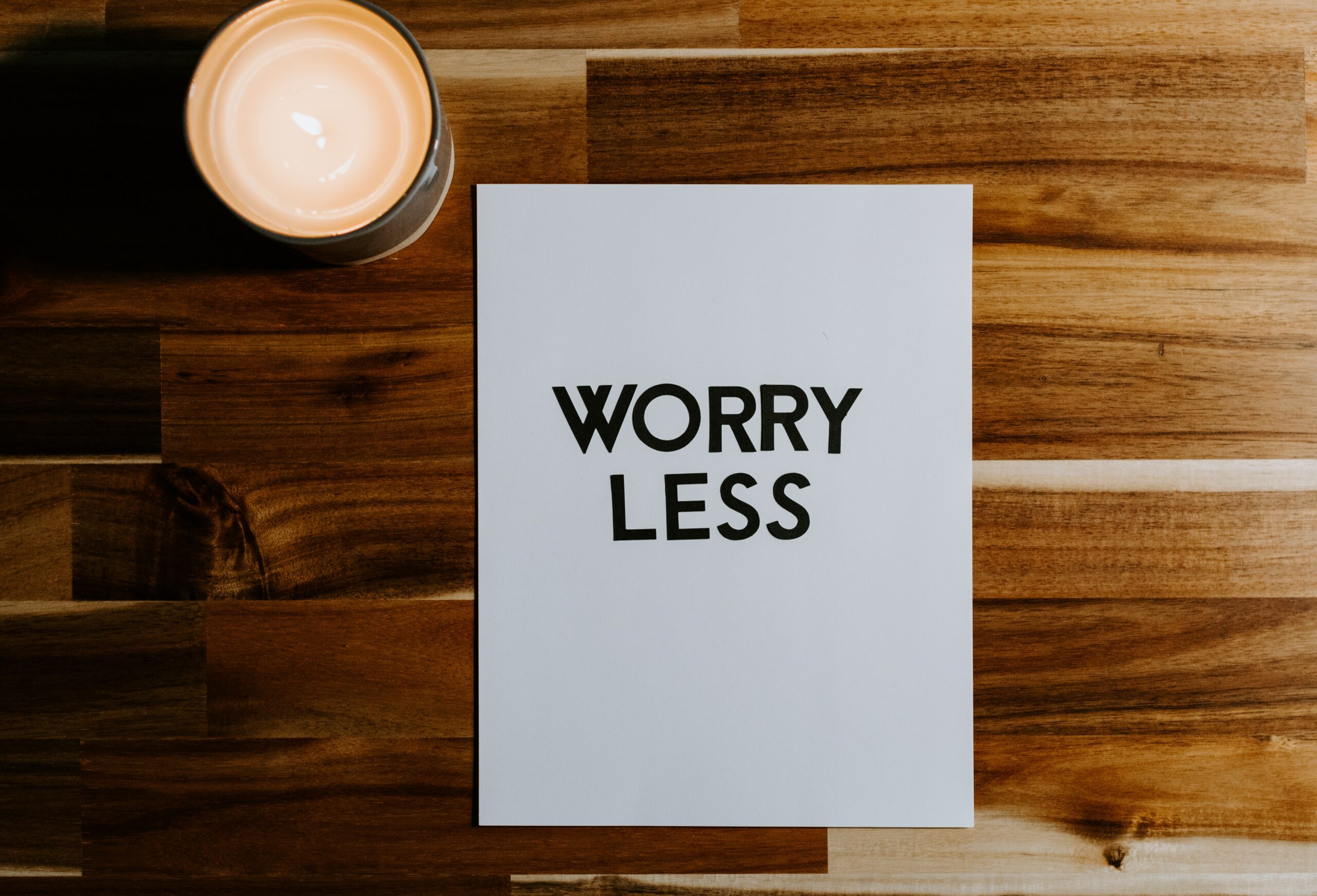Apparently I am the worrying kind….
Sure, I worry about my kids and their future and happiness. I worry about my health, the state of the world and money sometimes.
Those are the big ones. But they don’t occupy my mind daily. They pop up when something happens or doesn’t happen (school results, a blood test, bad news etc).
Then I worry. For a while.
And then, if I can, I usually do something about it. Like make a change, an appointment, get more information, talk to someone for a perspective. And then I stop worrying. Until I worry again.
So I don’t consider myself the worrying kind. Or maybe I’m more of a yo-yo worryer.
Then again, we are usually not very objective when it comes to ourselves.
Worry is a component of anxiety symptoms.
Anxiety has 3 main components :
✨emotional: feelings of fear and dread
✨physiological: heart palpitations, sweating, stomach tightness
✨cognitive: negative thoughts like “I’m going to embarrass myself” etc
I have a tendency to dissociate the three.
I’ll have a stomach ache but will not connect it to something that happened or that I worried about.
I tend to think a lot, ruminate certain situations or aspects. I also tend to think that that is good and helps me understand the world, people and situations.
Connecting my thoughts, my emotions and my bodily sensations has been a learning curve I am still on.
It is fascinating if not always fun 😂
Worry seldom stands a chance if I’m being present, in the now.
Worry is always past or future.
Rereading THE POWER OF NOW helped put things in persepctive. Even if I need to remind myself every day.
🦋Do you worry?🦋
There are a few tactics to bring your mind to rest.
Limitation
Limit your worry to 15 minutes in the morning and 15 minutes in the afternoon. In between, try to stop negative thoughts until the next 15 minutes slot.
Location
Make it uncomfortable. Don’t worry in bed or on a comfy couch. Sit on a straight-backed chair.
Conscience
Instead of getting overwhelmed by worries, you consciously look for them during the worry time. This gives structure to your worries and makes the rest of your time worry-free.
Research shows that this method is more effective than therapy.
If you still can’t stop worrying, try to switch between negative and positive thoughts. Replace negative thoughts with a positive memory (your wedding, a party with friends, a nice holiday or something nice that happened during the day).
It allows for a break from worrying.
8 steps to worry less
1. Be aware that it doesn’t help
Reflecting is important. But if there is no solution or result, worrying misses its goal. Worrying becomes repetitive and you run around in circles, which drains your energy and makes you tense. Time for a change! Being aware of it is the first step.
2. Move
Exercise, go for a walk. Moving changes your brain and gives it different perspectives. Moving might even bring a solution.
3. Plan it in
Put it in your agenda. From 8-8h15 and 20-20h15. If you worry during the day, postpone it to later. That way you don’t spend the whole day with your worries. Don’t do it just before going to sleep. Eventually reduce to 15 minutes every other day, etc.
4. Don’t be too hard on yourself
If you don’t allow yourself to worry, chances are that you will do it. It’s like asking you not to think about a white bear for 5 minutes! Be nice, cut yourself some slack, even if you worry in between.
5. The STOP method
When you catch yourself worrying, say STOP and look for things to do, to get your mind off it. Read a book, go to the supermarket or for a drink with friends.
6. Be critical
Ask yourself critical questions when you worry:
– is this true?
– what is the worst that can happen?
– what needs to happen to solve this problem?
– what would someone else with the same problem advise?
Write this down. It allows you to work towards the solution.
7. Be in the NOW
Worries focus your attention on the past (what went wrong) or the future (what could go wrong, or hopefully it’ll get better). You’re not living in the moment. But being in the NOW breaks the circle. Pay attention to what you are doing: listen to what your friend says, taste what you eat,…
8. Confront yourself
Why does this affect me? Am I sad, hurt or mad? And why? Did I not take care of myself? Is that something I find difficult?
Be honest with yourself. You will get to know your strengths and weaknesses and that will allow you to better solve your problems.


